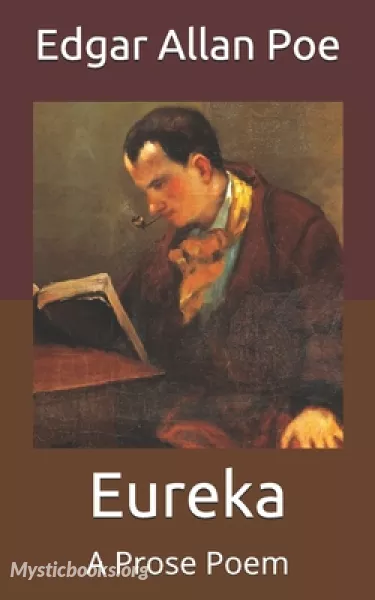
Eureka: A Prose Poem
'Eureka: A Prose Poem' Summary
Edgar Allan Poe's Eureka: A Prose Poem is a short but complex work that explores the nature of the universe and our place within it. Written in 1848, shortly before Poe's death, Eureka is a unique and ambitious work that attempts to reconcile the latest scientific discoveries of the time with the author's own philosophical and religious beliefs.
The poem is divided into four parts, each of which builds on the previous one to develop Poe's cosmological theory. In the first part, Poe discusses the nature of matter and motion, arguing that the universe is composed of a single, primordial atom that has been expanding and evolving since the beginning of time.
In the second part, Poe discusses the nature of time and space, arguing that they are not separate entities but rather two sides of the same coin. He also suggests that the universe is finite and that it will eventually collapse back in on itself, beginning a new cycle of creation.
In the third part, Poe discusses the nature of the human mind and its relationship to the universe. He argues that the human mind is a microcosm of the universe, and that it is capable of comprehending the universe's vastness and complexity.
In the fourth and final part, Poe discusses the nature of God and the creation of the universe. He argues that God is the author of the universe, and that the universe is a product of God's creative imagination.
Throughout Eureka, Poe uses a variety of literary devices, including metaphors, similes, and symbolism, to create a rich and evocative tapestry of language. His writing is often challenging, but it is also deeply rewarding for those who are willing to take the time to engage with his ideas.
Essence and Spirit of the Book
The essence and spirit of Eureka is captured in the following themes:
- The unity of the universe: Poe believed that the universe was a single, unified entity. He rejected the Newtonian view of the universe as a machine made up of separate and distinct parts.
- The evolution of the universe: Poe believed that the universe was constantly evolving and changing. He argued that the universe was not created in its current form, but rather that it has evolved over time from a single, primordial atom.
- The role of the human mind: Poe believed that the human mind was capable of comprehending the vastness and complexity of the universe. He argued that the human mind was a microcosm of the universe, and that it reflected the universe's unity and order.
Conclusion
Eureka is a challenging but rewarding work of literature that offers a unique and thought-provoking perspective on the universe and our place within it. Poe's writing is beautiful and evocative, and his ideas are still relevant today. If you are interested in exploring the cosmos and the human condition, I highly recommend Eureka: A Prose Poem.
Book Details
Language
EnglishOriginal Language
EnglishPublished In
1848Genre/Category
Tags/Keywords
Authors
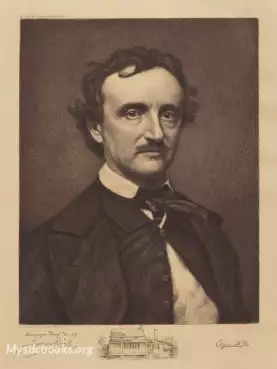
Edgar Allan Poe
United States
Poe and his works influenced literature around the world, as well as specialized fields such as cosmology and cryptography. He and his work appear throughout popular culture in literature, music, film...
Books by Edgar Allan PoeDownload eBooks
Listen/Download Audiobook
- Select Speed
Related books
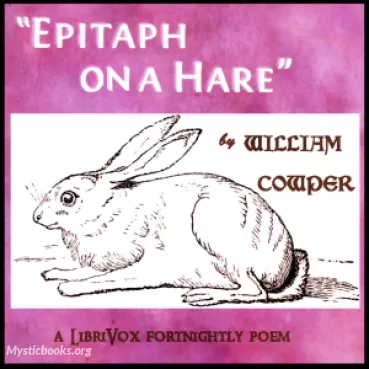
Epitaph on a Hare by William Cowper
The poem describes the death of a hare and the speaker's reflection on the fleeting nature of life. The poem consists of six stanzas, each with four l...
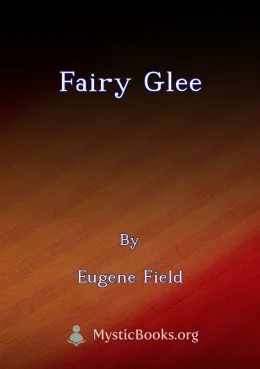
Fairy Glee by Eugene Field
This poem, 'Fairy Glee,' by Eugene Field, is a delightful exploration of the world of fairies and their playful nature. It paints a vivid picture of a...
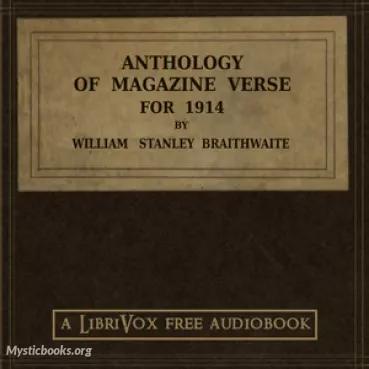
Anthology of Magazine Verse for 1914 by William Stanley Braithwaite
Step into the poetic wonderland of 1914 with the Anthology of Magazine Verse, curated by the masterful wordsmith, William Stanley Braithwaite. Delve i...
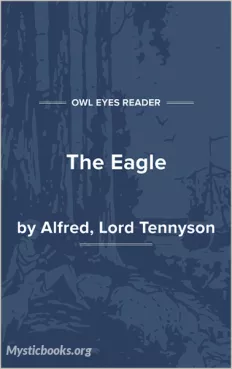
The Eagle by Lord Alfred Tennyson
It is a short but powerful poem that captures the essence of a majestic bird of prey, the eagle. The poem is notable for its vivid and detailed descri...
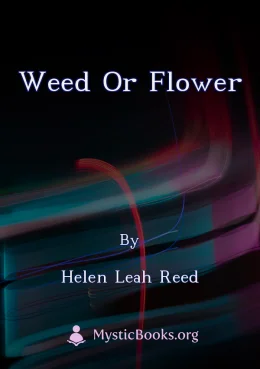
Weed or Flower by Helen Leah Reed
'Weed or Flower' is a collection of poems by Helen Leah Reed that celebrates the beauty and wonder of the natural world. Reed uses simple language an...
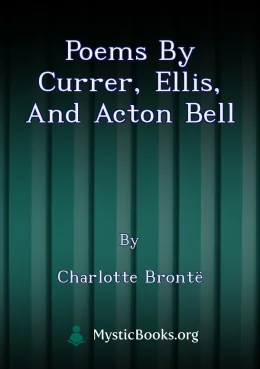
Poems by Currer, Ellis, and Acton Bell by Charlotte Brontë
This collection of poetry by the Brontë sisters, published under their pseudonyms Currer, Ellis, and Acton Bell, offers a glimpse into the creative mi...
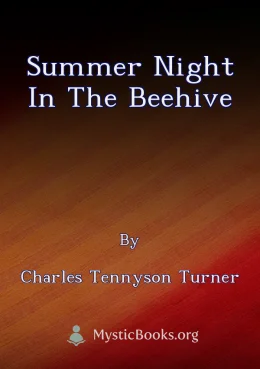
Summer Night in the Beehive by Charles Tennyson Turner
A Summer Night in the Beehive is a short, lyrical poem by Charles Tennyson Turner that captures the beauty and serenity of a summer night in the Engli...
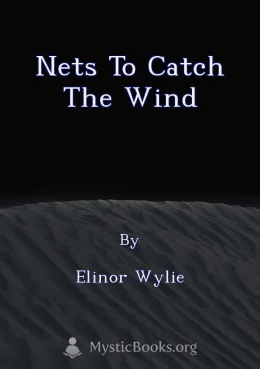
Nets to Catch the Wind by Elinor Wylie
“Nets to Catch the Wind” is Elinor Wylie’s debut collection of poetry, published in 1921. It showcases her signature style – lyrical, evocative, and o...
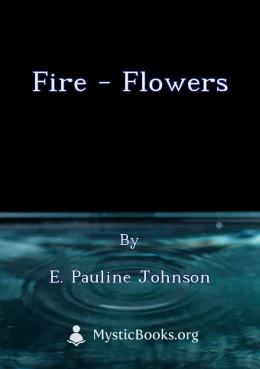
Fire - Flowers by E. Pauline Johnson
"Fire - Flowers" is a collection of poems by E. Pauline Johnson, a Mohawk writer from the 19th century. The poems in this collection are a celebration...
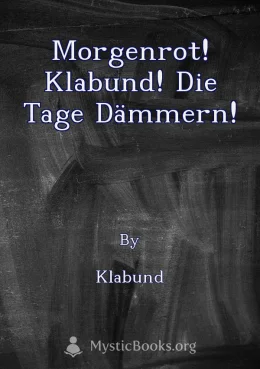
Morgenrot! Klabund! Die Tage dämmern! by Klabund
Klabunds *Morgenrot! Klabund! Die Tage dämmern!* ist eine Sammlung von Gedichten, die durch ihre Vielfältigkeit und ihren oft erotischen Bezug auffall...
Reviews for Eureka: A Prose Poem
No reviews posted or approved, yet...